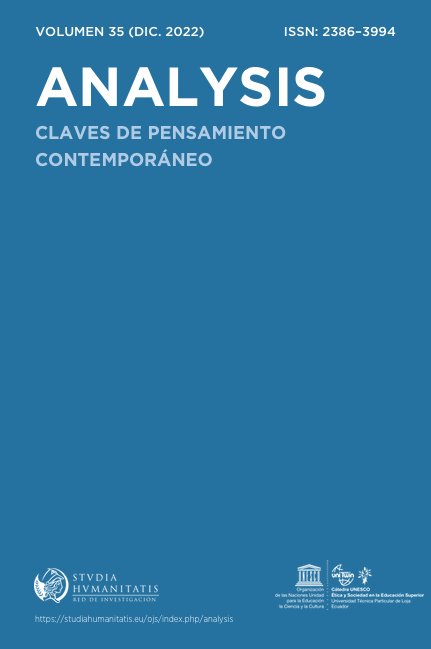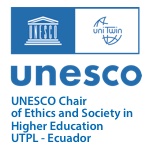Space ethics in times of pandemic and social crisis
Abstract
This article argues that in architecture and urban planning, the practicable social space is adaptable to climate change and covid 19 and, consequently, ethically sustainable with the environment and social. The hypothesis is opposed to a position that we call imperative according to which mitigation is the optimal way to counteract the effects of climate change and COVID-19 and, therefore, the best way to relate ethically with the environment and the social context.
Downloads
References
Augé, Marc (1992). Non-lieux. Introduction à une anthropologie de la surmodernité. París: Seuil.
Badiou, Alain (2016). Éloge de l’amour. París: Flammarion.
Benjamin, Walter (2011). L’Oeuvre d’art à l’époque de sa reproductibilité technique. Trad. de Lionel Duvoy. París: Allia.
Berlin, Isaiah (2015). The Roots of Romanticism. New York: Penguin Random House. [Trad. cast.: Las Raíces del Romanticismo. Trad. de Silvina Marí. Barcelona: Taurus, 2015].
Foucault, Michel (1975). Surveiller et punir: Naissance de la prison. París: Gallimard.
Leroi-Gourhan, André (1964). Le geste et la parole. Tome I: Technique et langage. París: Albin Michel.
Huyghe, Pierre-Damián (2014). À quoi tient le design. París: De l’incidence Éditeur.
Sennett, Richard (2019). Building and Dwelling. Ethics for the city. New York: Farras, Straus and Giroux. [Trad. cast.: Construir y Habitar. Ética para la ciudad. Trad. de Marco Galmarini. Barcelona: Anagrama, 2019].
Simmel, Georg (2013). Les grandes villes et la vie de l’esprit. Trad. de Jean-Louis Vieillard-Baron. París: Payot.
Zuboff, Shoshana (2018). The Age of Surveillance Capitalism. The Fight for A Human Future at The New Frontier Of Power. Londres: Profile Books.
Copyright (c) 2022 © Analysis

This work is licensed under a Creative Commons Attribution-NonCommercial-NoDerivatives 4.0 International License.








